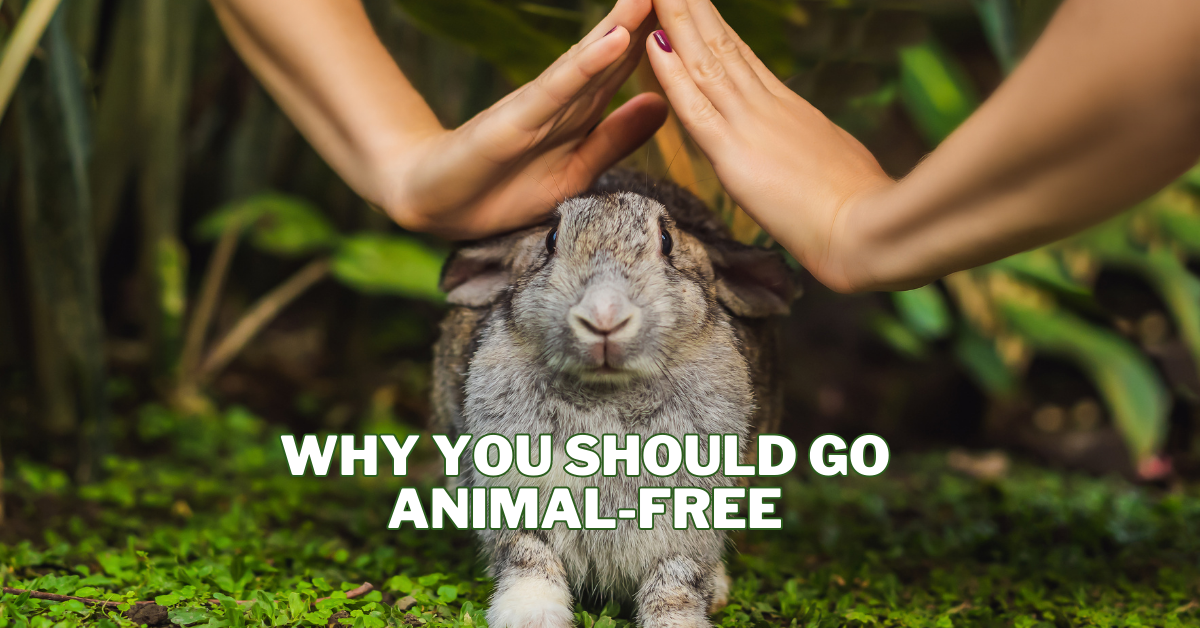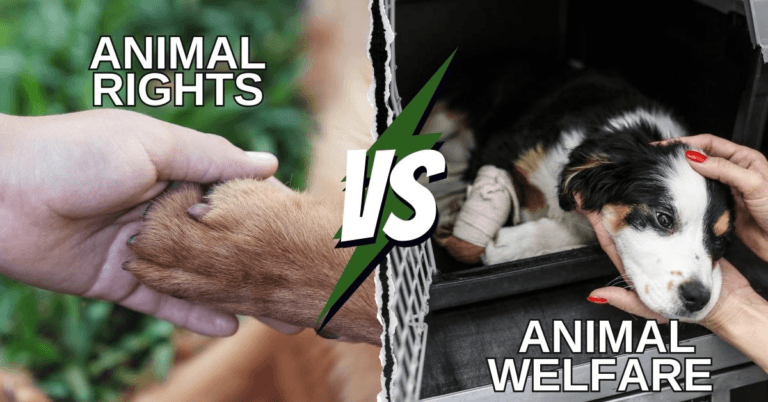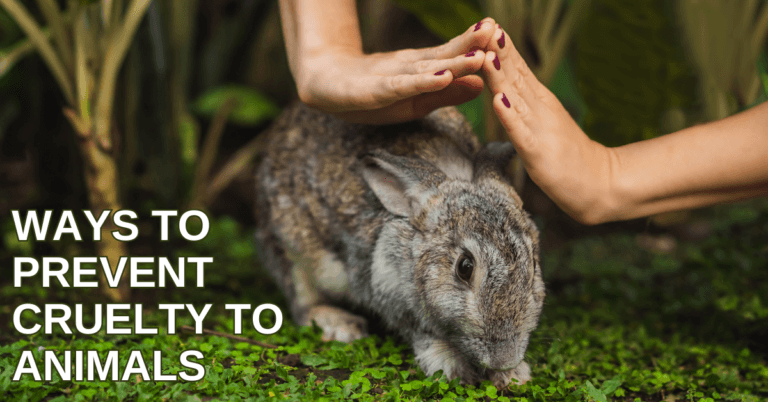Why You Should Go Animal-Free
Why You Should Go Animal-Free
Recently, awareness and interest in adopting an animal-free lifestyle have been growing. Many individuals choose to go animal-free for various reasons, from ethical concerns about animal welfare to environmental and health considerations.
This article explores the compelling reasons why embracing an animal-free lifestyle can have a positive impact on not only our well-being but also the planet we call home.
From the ethical implications of animal agriculture to the environmental consequences of meat consumption and the potential health benefits of plant-based diets, we will delve into the multifaceted reasons that make going animal-free a meaningful and transformative choice.
Whether you are already on this path or considering the switch, understanding the myriad benefits of an animal-free lifestyle can empower us to make informed and compassionate choices that align with our values and contribute to a more sustainable and compassionate world.
What Does Going ‘Animal-Free' Mean?
Going ‘animal-free' refers to adopting a lifestyle that avoids the use and consumption of any products derived from animals.
This encompasses not only dietary choices but also extends to clothing, personal care products, and other items that may involve animal exploitation in their production.
At its core, going animal-free is driven by ethical, environmental, and health considerations.
Ethically, individuals who choose this path seek to minimize harm and suffering to animals by refusing to support industries that exploit and use animals for human consumption or other purposes.
This includes abstaining from meat, dairy, eggs, and other animal-derived products.
Environmentally, going animal-free recognizes the significant impact of animal agriculture on the planet, from deforestation for livestock grazing to the massive carbon emissions and water usage associated with meat production.
Individuals contribute to a more sustainable and eco-friendly world by reducing or eliminating animal-based products.
From a health perspective, adopting an animal-free lifestyle may offer various benefits.
When properly balanced, plant-based diets are rich in nutrients, fiber, and antioxidants, supporting overall well-being and reducing the risk of certain chronic diseases.
Additionally, many people find that going animal-free leads to increased energy levels, improved digestion, and even weight management.
Going animal-free is a conscious and transformative choice that aligns with compassion, sustainability, and personal health principles, positively impacting individuals, animals, and the planet.
Reasons For Going ‘Animal-Free'
Adopting an animal-free lifestyle is a powerful way to create positive change in a world where our choices can shape the planet's future.
Going animal-free means prioritizing compassion, sustainability, and ethical values. It is a transformative journey transcending mere dietary preferences and extending to various aspects of our lives.
By embracing an animal-free lifestyle, individuals embark on a path of empowerment, environmental stewardship, and personal fulfillment.
By delving into these reasons, we can better understand how embracing an animal-free approach can positively shape our lives and the world around us:

1. Ethical Considerations
Ethical considerations lie at the heart of going animal-free. The industrialized and mass-scale production of animal-based products has raised significant concerns about animal welfare.
Factory farming practices often involve cramped and unsanitary conditions, where animals are denied the freedom to express their natural behaviours.
Painful procedures like debeaking and castration without anesthesia compound these animals' distress.
By choosing an animal-free lifestyle, individuals actively reject supporting industries that perpetuate such inhumane treatment.
Instead, they align themselves with the values of compassion and empathy, acknowledging the inherent value of all living beings and their right to live free from unnecessary suffering.
This ethical stance transcends dietary choices, becoming a powerful statement about fostering a more compassionate and kinder world.
Individuals can directly reduce animal exploitation and promote a more humane approach to coexisting with animals by consciously opting for plant-based alternatives and cruelty-free products.
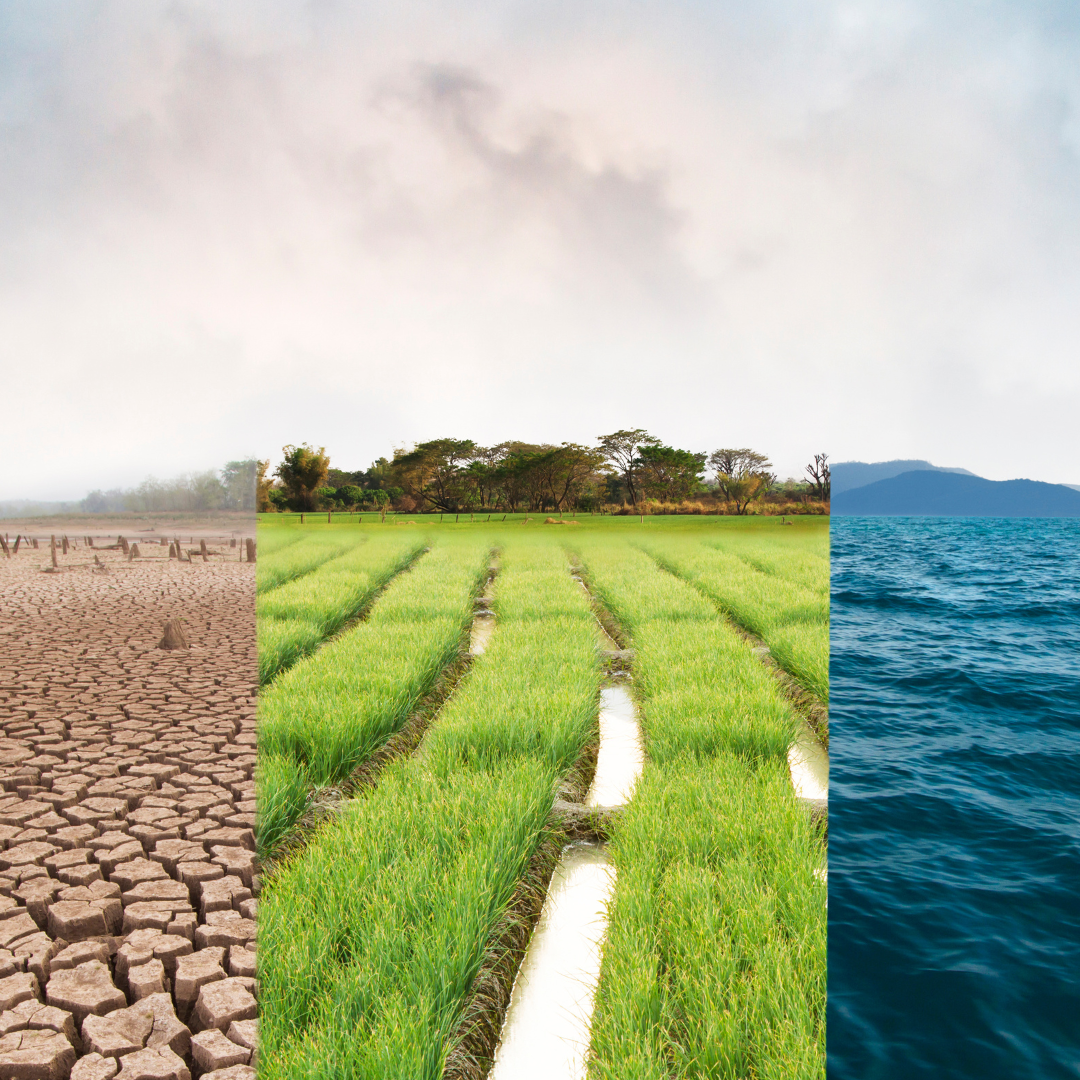
2. Environmental Impact
Going animal-free offers an appealing alternative to solving these urgent challenges because of the ecological effect of animal agriculture.
Large tracts of land are cleared for livestock grazing and feed crop cultivation, a major cause of deforestation.
Due to this, many species are at risk of going extinct and habitat degradation and biodiversity are both threatened.
In addition, the production of animal-based meals is a major source of greenhouse gas emissions, particularly nitrous oxide and methane, which are serious drivers of climate change.
By deciding on plant-based alternatives, people can dramatically lower their carbon footprint and contribute to reducing the effects of global warming.
Water usage is another critical environmental concern associated with animal agriculture. Raising livestock requires immense water for drinking, cleaning, and irrigating feed crops.
This high demand strains water resources and exacerbates water scarcity in many regions, especially those facing water stress.
Furthermore, animal waste runoff from factory farms can contaminate water bodies, leading to water pollution and harming aquatic ecosystems.
Embracing an animal-free lifestyle is a tangible and impactful way to address these environmental challenges.
Individuals can help conserve forests, reduce greenhouse gas emissions, and alleviate water stress by supporting plant-based agriculture.
Collectively, these actions contribute to preserving natural ecosystems and protecting the planet for future generations.

3. Health Benefits
The health benefits of going animal-free are significant and well-documented.
Due to the lower intake of saturated fats and cholesterol in plant-based foods, adopting a plant-based diet can benefit cardiovascular health.
Reducing these unhealthy fats can help control their blood cholesterol levels, blood pressure, and heart disease risk.
Additionally, plant-based diets naturally contain high levels of dietary fiber, which is crucial for a healthy digestive tract.
Fiber helps gut health by supporting beneficial gut bacteria, promoting regular bowel movements, preventing constipation, and promoting regular bowel movements.
Moreover, plant-based diets are abundant in essential vitamins, minerals, and antioxidants, providing a nutritional boost for the immune system and overall well-being.
The body's damaging free radicals, which can injure cells and have a role in chronic diseases, are combated by antioxidants.
In addition to promoting healthy skin, hair, and nails, the amount of nutrients in plant-based foods can boost energy and mental clarity.
Additionally, studies have suggested that plant-based diets may reduce the risk of chronic illnesses like type 2 diabetes, obesity, and cancer.
Including various plant foods in the diet ensures a diverse array of nutrients, contributing to a balanced and well-rounded approach to nutrition.

4. Sustainability
Going animal-free and building a more environmentally friendly world depends on sustainability.
Large tracts of land are cleared for livestock farming and feed crops, which is one of the main causes of deforestation in the animal agriculture industry.
It also contributes significantly to greenhouse gas emissions, releasing powerful climate change contributors, including nitrous oxide and methane.
People can dramatically lower their carbon footprint and lessen the environmental effects of their dietary choices by opting for plant-based foods.
Plant-based diets also have the potential to conserve precious water resources. Animal agriculture is notoriously water-intensive, requiring vast water for livestock and crop production.
In contrast, plant-based foods generally have a lower water footprint, making them more sustainable.
Embracing an animal-free lifestyle can help alleviate water scarcity and protect water ecosystems.
Furthermore, plant-based agriculture is generally more efficient in terms of resource use. Plant-based foods require less energy, producing fewer waste products than animal-based food.
Adopting a diet centred around plant foods can reduce the demand for agricultural land and contribute to preserving natural habitats and biodiversity.
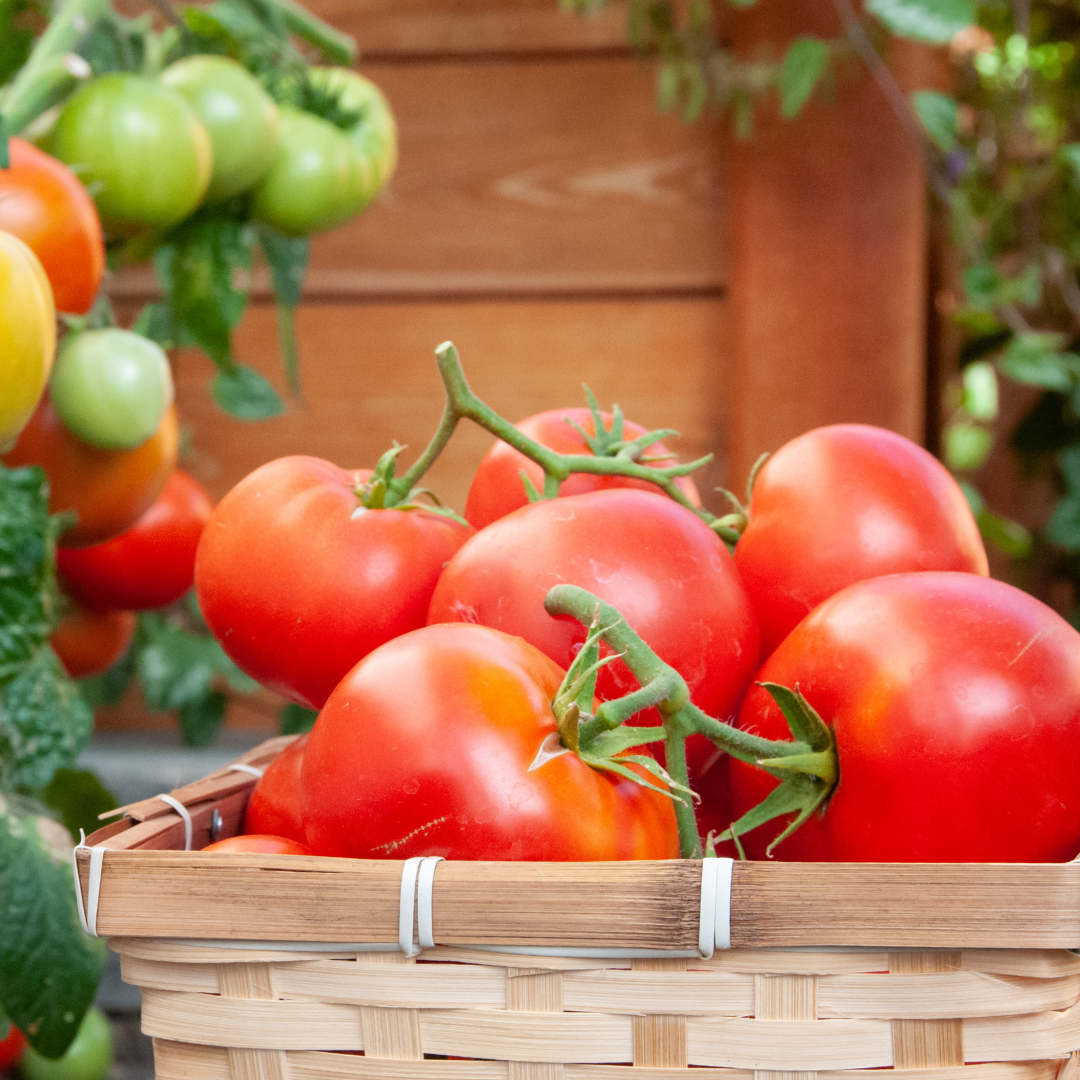
5. Global Food Security
Plant-based diets offer a promising solution to address this issue.
Producing animal-based foods requires significant amounts of land, water, and feed resources, making it a less efficient and more resource-intensive method of food production.
In contrast, plant-based foods have a lower environmental footprint and can be produced more efficiently.
By shifting towards plant-based diets, we can optimize resource use and reduce the pressure on agricultural land, allowing for more sustainable food production practices.
Furthermore, plant-based diets can help alleviate food scarcity in vulnerable regions.
Traditional animal agriculture can be a major driver of deforestation and land degradation, leading to biodiversity loss and local communities' displacement.
By promoting plant-based food systems, we can preserve natural habitats and foster more resilient ecosystems, enhancing the long-term capacity of the planet to provide food for all its inhabitants.
Embracing plant-based diets also offers opportunities for diversification in agriculture.
We can increase food diversity by cultivating multiple plant-based foods and improve access to various nutrient-rich options.
This approach can enhance food security by reducing the risk of relying heavily on a few staple crops, which can be susceptible to climate change and other environmental challenges.
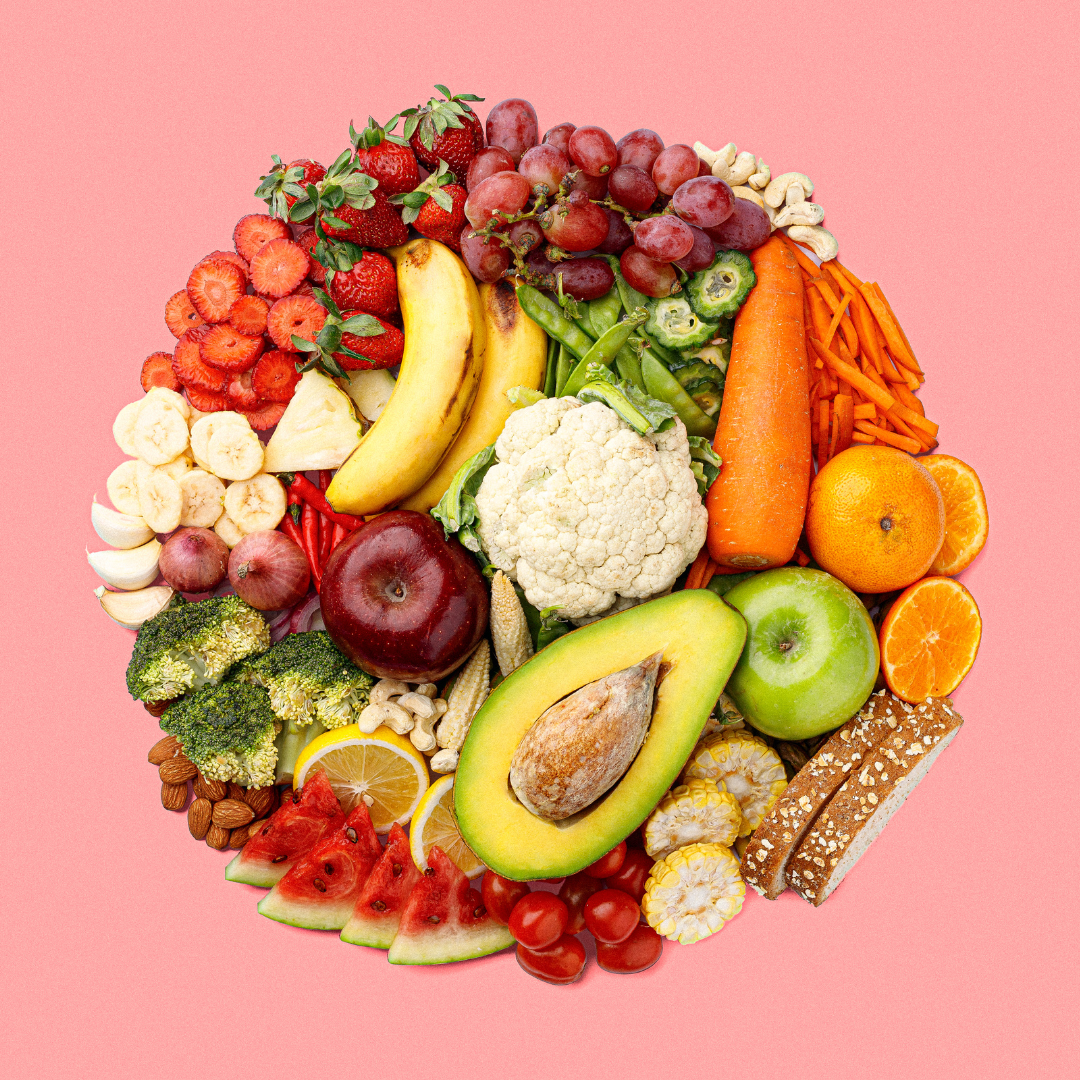
6. Diversity And Culinary Exploration
Diversity and culinary exploration are exciting aspects of adopting an animal-free lifestyle.
Plant-based diets offer abundant, delicious, nutritious ingredients catering to various tastes and preferences.
Fruits, vegetables, grains, legumes, nuts, and seeds form the foundation of plant-based cuisine, and the combinations and flavours they offer are virtually endless.
From vibrant salads and hearty stews to innovative meat substitutes and delectable desserts, plant-based cooking allows limitless kitchen creativity.
Embracing an animal-free diet encourages individuals to step outside their culinary comfort zones and discover new tastes and textures.
Trying plant-based recipes from different cultural traditions opens up a world of flavours, spices, and cooking techniques.
It is an opportunity to savour the richness of global cuisines, from Mediterranean and Asian to Latin American and Middle Eastern.
This culinary exploration can foster a deeper appreciation for the diverse cultural heritage and traditional culinary practices that have revolved around plant-based foods for centuries.
The creative aspect of plant-based cooking is not limited to home kitchens alone.
As the demand for animal-free options rises, restaurants and food establishments offer increasingly diverse and innovative plant-based menus.
This culinary revolution extends beyond vegan alternatives to familiar dishes; it challenges chefs to develop exciting new creations that appeal to vegans and non-vegans alike.
Exploring animal-free dining options can introduce individuals to tempting dishes, showcasing the impressive versatility of plant-based ingredients.

7. Positive Social Impact
The positive social impact of going animal-free extends beyond personal choices and reaches the broader community.
By opting for plant-based alternatives, individuals can contribute to the growth of a more sustainable and ethical food industry.
Increased demand for plant-based products encourages food manufacturers and retailers to expand their offerings of animal-free options, making them more accessible to a larger population.
This, in turn, drives innovation and investment in plant-based food technology, ultimately leading to the development of tastier, healthier, and more environmentally friendly alternatives.
Furthermore, embracing plant-based diets promotes inclusivity and diversity in the food landscape.
Many individuals have dietary restrictions, allergies, or ethical beliefs that limit their food choices.
By supporting the availability and accessibility of plant-based options, we create a more inclusive environment where everyone can find delicious and satisfying meals that align with their values and preferences.
This inclusivity fosters a sense of belonging and celebrates the community's diverse needs and perspectives.
Beyond the immediate impact on food choices, the growth of the plant-based food industry can positively affect local economies and job markets.
As more people adopt an animal-free lifestyle, the demand for plant-based products creates new opportunities for farmers, producers, distributors, and chefs specializing in plant-based cuisine.
This economic growth can lead to job creation and support the livelihoods of those producing and distributing plant-based foods.

8. Empowerment And Conscious Consumerism
Empowerment and conscious consumerism are powerful drivers behind going animal-free.
Embracing an animal-free lifestyle empowers individuals to take control of their choices and align their actions with their values.
By making conscious decisions about what we consume, we can support companies and initiatives that prioritize sustainability, ethical practices, and the well-being of animals.
This shift in consumer behaviour sends a strong message to the market, encouraging more businesses to adopt animal-friendly and eco-conscious practices.
As conscious consumers, we can drive positive change in the food industry. The demand for plant-based products is rising, and companies are taking notice.
In response to consumer preferences, many food manufacturers invest in research and development to create innovative and tasty plant-based alternatives.
This expands the variety of animal-free options and encourages businesses to reduce their reliance on animal-based ingredients and production methods.
Moreover, conscious consumerism extends beyond the food industry.
We support sustainable and ethical practices across various sectors by choosing cruelty-free and eco-friendly products in other areas of our lives, such as clothing, personal care, and household items.
This holistic approach to conscious consumerism contributes to a more compassionate and environmentally friendly society.
In addition to the impact on industries and businesses, embracing conscious consumerism can lead to personal fulfillment and a sense of purpose.
Knowing that our choices positively impact the environment, animals, and the well-being of others can instill a sense of empowerment and satisfaction in our daily lives.
It reinforces the notion that even small individual actions can collectively drive significant change and make a difference in the world.

9. Connection To Nature
Connection to nature is a profound and often overlooked aspect of going animal-free.
Embracing a plant-based lifestyle encourages us to be more mindful of the natural world and the remarkable diversity of plant life that sustains us.
By choosing plant-based foods, we become more attuned to the seasonal cycles of fruits, vegetables, grains, and legumes, which fosters a deeper understanding of the interconnectedness of all living beings on Earth.
Participating in community gardens or supporting local farmers' markets also connects us to the people and practices that cultivate the plant-based foods we enjoy.
It fosters a sense of community and collective effort toward promoting sustainable and ethical food choices.
As we develop a stronger bond with nature through our plant-based journey, we become more aware of our choices impact on the environment and other living beings.
This heightened consciousness can inspire us to adopt eco-friendly habits, reduce waste, and advocate for sustainable practices.

10. Personal Fulfillment
Personal fulfillment is a significant and deeply rewarding aspect of going animal-free.
Making the conscious decision to align our actions with our ethical beliefs and values can bring a profound sense of inner harmony and satisfaction.
By choosing plant-based foods and embracing an animal-free lifestyle, we actively contribute to a more compassionate and sustainable world, which can bring a profound sense of purpose and fulfillment.
Knowing that our choices positively impact animal welfare, the environment, and global food sustainability can evoke a sense of joy and contentment.
This alignment with our values benefits the world around us and fosters a greater understanding of self-awareness and authenticity.
We become more connected to our true selves, recognizing the power of our choices and their ripple effects on the broader community. Moreover, animal-free lifestyles often involve learning and exploring new culinary horizons.
Experimenting with diverse plant-based recipes and discovering delicious alternatives to animal-based foods can be a joyous and fulfilling experience.
This culinary exploration can instill a sense of creativity and adventure in the kitchen, further enhancing our overall well-being and satisfaction.
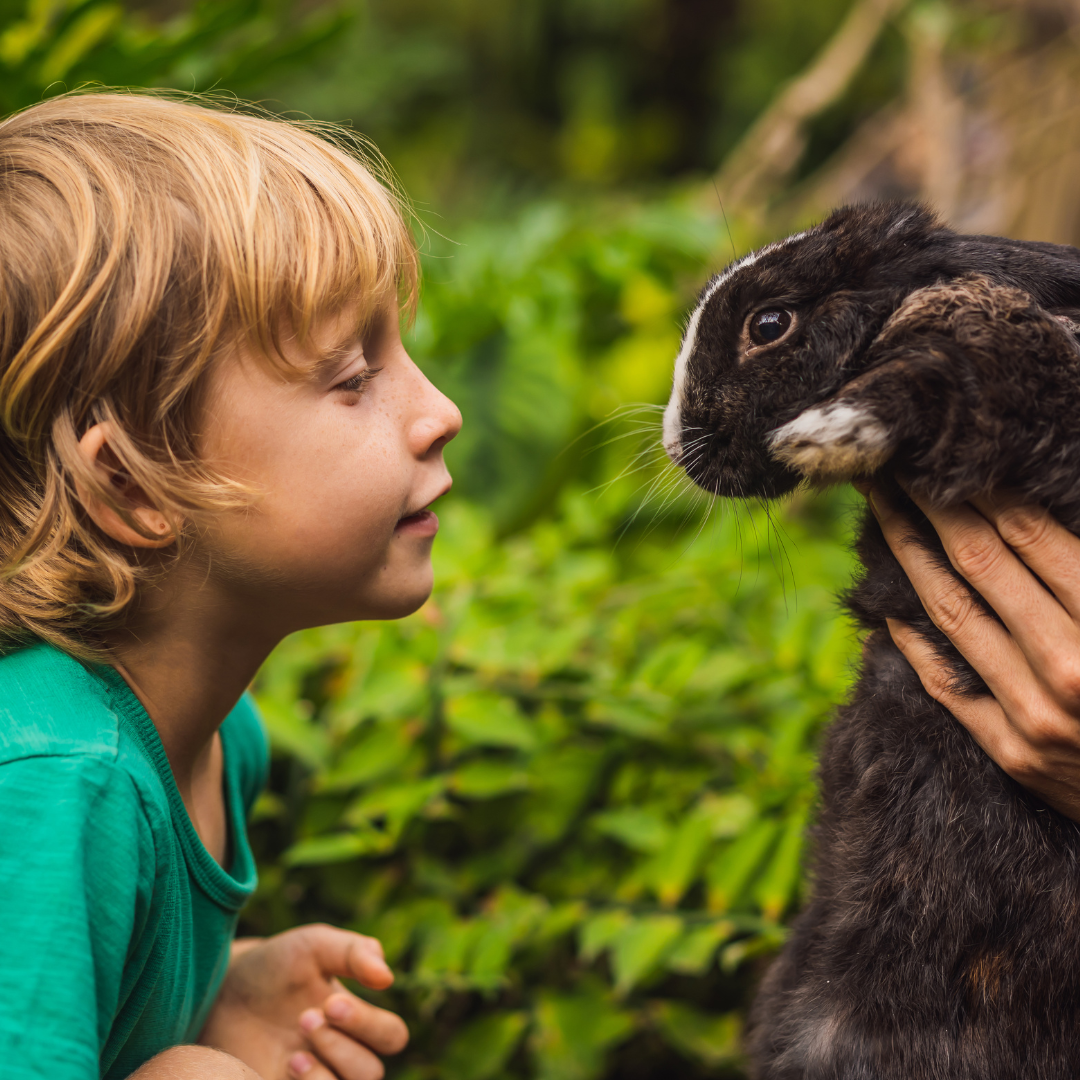
Conclusion
Going animal-free is a powerful and compassionate decision with numerous benefits.
It promotes better health, environmental sustainability, and ethical practices, fostering a deeper connection to nature and personal fulfillment.
Embracing a plant-based lifestyle allows us to make conscious and mindful choices, positively impacting our well-being and the world.
By going animal-free, we become advocates for a more compassionate and harmonious planet, creating a brighter future for all living beings.
By leading by example and demonstrating the benefits of a plant-based lifestyle, we can influence our friends, family, and community to consider more sustainable and compassionate choices.
Going animal-free is not just a personal decision; it is a statement of our values and a commitment to creating a better world for ourselves, future generations, and the countless animals with whom we share this planet.
It is a step towards building a more compassionate and sustainable future, where kindness and respect are extended to all living beings, and we collectively work towards a more harmonious relationship with nature.
As more individuals embrace the animal-free movement, we move closer to creating a global shift towards a more compassionate and sustainable food system, ensuring a brighter and more humane future for all.
I trust you enjoyed reading the article about Why You Should Go Animal-Free. Please stay tuned. More blog posts will be posted very shortly.
JeannetteZ
>>> Please click here to read my Vegan Travel Guides To World Destinations <<<
>>> Want To Learn How To Create Delicious, Cruelty-Free, Healthy AND 100% Vegan Meals? Try These Awesome Vegan Cooking Courses With A Free 7-DAY MEMBERSHIP<<<.
Your Opinion Is Important To Me
Do you have thoughts, ideas, or questions? I would love to hear from you. Please leave me your questions, experiences, and remarks about Why You Should Go Animal-Free in the comments section below. You can also email me at Jeannette@LivingTheVeganLifestyle.org.
Disclosure
This post may contain affiliate links. I earn from qualifying purchases as an Amazon Associate and other affiliate programs. Please read my full disclosure.

